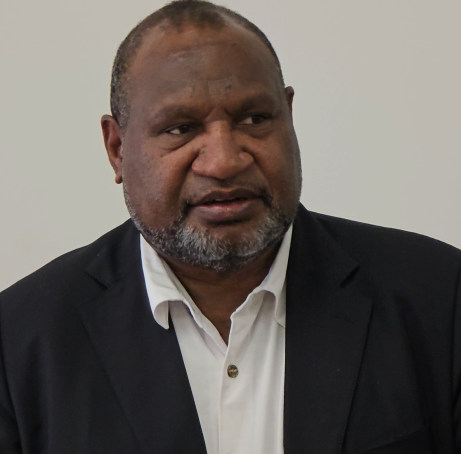Prime Minister (PM) James Marape is pleased that the Papua New Guinea (PNG) Economic will remain steady at 4.2% in 2025.
PM Marape said the Asian Development Bank’s Asian Development Outlook (ADO), April 2025 report notes that inflation dropped to just 0.7% in 2024.
“The lowest level in recent memory — supported by falling global prices, improved telecommunications competition, and tighter monetary policy.
The central bank’s shift toward a market-based exchange rate system significantly reduced foreign exchange shortages, allowing faster clearance of import orders and restoring investor confidence.
“We are creating a more stable and predictable economy for businesses and consumers. This is critical for long-term growth,” PM Marape said.
PM Marape said while progress is clear, the ADB report points to key structural issues that continue to hold back growth, including power blackouts, law and order challenges, high business costs, and limited access to credit.
PM Marape acknowledged these concerns and reiterated the Government’s determination to address them head-on through targeted investments in infrastructure, law enforcement, and economic reform.
“We are investing in electricity, roads, and rural development. We are also strengthening law and order so businesses and families can operate in a safer environment,” he said.
He said the ADB highlighted the urgency of expanding financial inclusion, noting that only one-third of Papua New Guineans have access to formal banking services, and that women remain significantly underserved.
PM Marape said digital financial services, mobile banking, and a stronger national ID system would be key pillars of his government’s strategy to bring financial services to the grassroots.
“Digital inclusion is economic inclusion. We want every citizen to have access to financial tools, savings, credit, and payments — whether they live in a city or a remote village.”
Economic growth is forecast to remain steady at 4.2% in 2025 and 3.8% in 2026. Public debt is expected to decline further, and key reforms — including new tax measures and improved governance of state-owned enterprises — are projected to support continued fiscal stability.
Future investments, including the anticipated Papua LNG project, are expected to drive further economic momentum. However, the report also warns of risks, including law and order issues, climate-related disruptions, and financial sector vulnerabilities.
“As we approach 50 years of independence, we are laying the foundation for a stronger, more inclusive economy that will support our people for generations to come,” PM Marape concluded.

